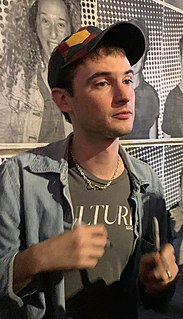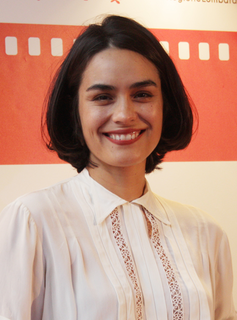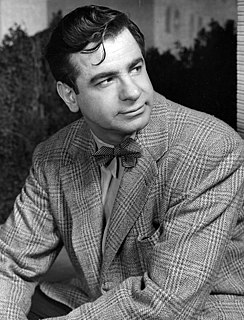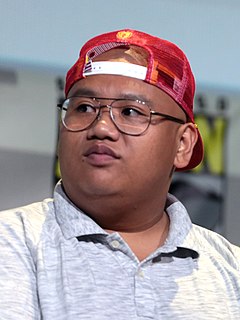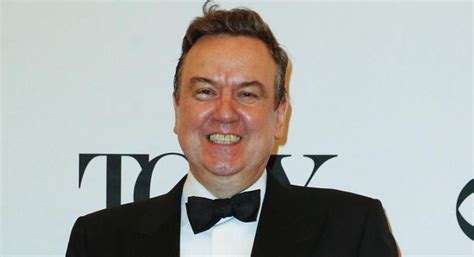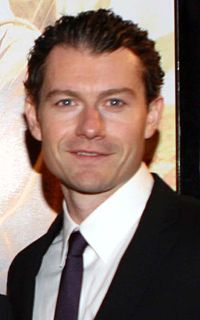A Quote by Jonathan Levine
I was Paul Schrader's assistant for six months before I went to film school, and he's very much about knowing what's going to happen on every page before you even start writing dialogue - the entire plot and character arcs are mapped out.
Related Quotes
There's that lovely thing for the first month or two of writing a new book: OK, I don't know what that character's going to do, but we'll find out later. After about three or four months you come to that bit where you've got to put some plot in before it's too late, and you have to go back and start inserting plot, and, ooh, I've left out the literature, OK, lets put some in.
Usually I work out the plot before I start. This time I thought: Writers always talk about not knowing where a book is going - -I want to experience that, too. What I found out is that it's very interesting, but it takes much longer because you have so many false starts. You take wrong turns and you have to go back and start the whole chapter, or the whole section, from scratch.
Even the way Mamet describes silences within his plays is different. There are pauses; there are pauses within parentheses; there are pauses before dialogue; there are pauses in the spaces between the dialogue - there's this extraordinary vocabulary of silence which is all there on the page, mapped out.
I did a film called The Jesuit, which was an independent film. I did that shortly after Mistresses. I was still feeling soft and I was nursing, but it was a character I'd never played before. That was a Paul Schrader script, with an up-and-coming Mexican director, named Alfonso Ulloa. That has Tim Roth and Paz Vega in it, and I enjoyed that, as well.
The plot is very important because writers have to play fair with their readers, but no one would care about the plot if the character work wasn't there. So, basically every book I work on starts with me thinking not just about the bad thing that's going to happen, but how that bad thing is going to ripple through the community, the family of the victim, and the lives of the investigators. I am keenly aware when I'm working that the crimes I am writing about have happened to real people. I take that very seriously.
When you are shooting over a period of six months, you tend to forget how dark or bright it was. And when you are using different technologies, having a look book helps during the final grading of the film. So you can design what the film is going to look like even before the colouring process begins.
Obviously, when you're in theater, you have to be in character. You have to prepare for the unexpected. You have to be able to react to things that don't necessarily happen every night, or aren't supposed to happen every night. And you have to react to it in character. In six months, 192 shows, those things did happen. And the experience of that, the ability to stay in character, I feel like I've learned a great deal.



